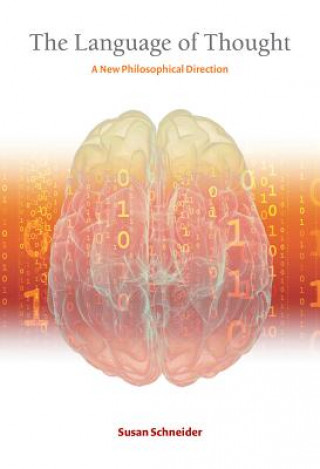
Kód: 01299729
Language of Thought
Autor Susan (Professor) Schneider
The language of thought (LOT) approach to the nature of mind has been highly influential in cognitive science and the philosophy of mind; and yet, as Susan Schneider argues, its philosophical foundations are weak. In this philosop ... celý popis
- Jazyk:
 Angličtina
Angličtina - Vazba: Pevná
- Počet stran: 272
Nakladatelství: MIT Press Ltd, 2011
- Více informací o knize

255 Kč
Dostupnost:
50 % šance Máme informaci, že by titul mohl být dostupný. Na základě vaší objednávky se ho pokusíme do 6 týdnů zajistit.
Máme informaci, že by titul mohl být dostupný. Na základě vaší objednávky se ho pokusíme do 6 týdnů zajistit.Prohledáme celý svět
Mohlo by se vám také líbit
-
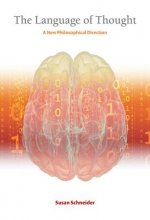
Language of Thought
1040 Kč -
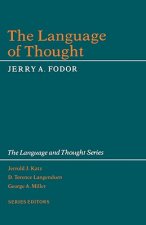
Language of Thought
1289 Kč -

Science Fiction and Philosophy - From Time Travel to Superintelligence
2781 Kč -

Science Fiction and Philosophy
605 Kč -

Groups of Galaxies in the Nearby Universe
1665 Kč -

Living with Purpose
550 Kč -

Level 2 Diploma Motorcycle Maintenance & Repair Candidate Handbook
1724 Kč -

Largo Winch 1 - The Heir
453 Kč -

Yoga for Arthritis
540 Kč -

Rehabilitation of Sports Injuries
3879 Kč -
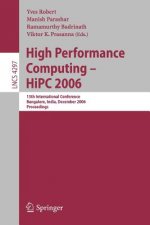
High Performance Computing - HiPC 2006
3289 Kč -

Databases in Telecommunications
1665 Kč -

Six Lives in Jerusalem
1665 Kč -

Pragmatics and Education
2260 Kč -

Reading & Training
238 Kč -

Communicative Interaction, Power and the State
871 Kč -

Where to Watch Birds in Africa
7044 Kč -

Eastern Europe 1968-1984
1840 Kč -

Sidewalks
472 Kč -

Projektrisikomanagement in einem mittelstandischen Unternehmen am Beispiel einer Grossraumanlage fur Temperaturprufungen
1713 Kč -

Johann Andreas Schmeller und die Ludwig-Maximilians-Universität München
3413 Kč
Darujte tuto knihu ještě dnes
- Objednejte knihu a zvolte Zaslat jako dárek.
- Obratem obdržíte darovací poukaz na knihu, který můžete ihned předat obdarovanému.
- Knihu zašleme na adresu obdarovaného, o nic se nestaráte.
Informovat o naskladnění knihy
Zadejte do formuláře e-mailovou adresu a jakmile knihu naskladníme, zašleme vám o tom zprávu. Pohlídáme vše za vás.
Více informací o knize Language of Thought
Nákupem získáte 26 bodů
 Anotace knihy
Anotace knihy
The language of thought (LOT) approach to the nature of mind has been highly influential in cognitive science and the philosophy of mind; and yet, as Susan Schneider argues, its philosophical foundations are weak. In this philosophical refashioning of LOT and the related computational theory of mind (CTM), Schneider offers a different framework than has been developed by LOT and CTM's main architect, Jerry Fodor: one that seeks integration with neuroscience, repudiates Fodor's pessimism about the capacity of cognitive science to explain cognition, embraces pragmatism, and advances a different approach to the nature of concepts, mental symbols, and modes of presentation. According to the LOT approach, conceptual thought is determined by the manipulation of mental symbols according to algorithms. Schneider tackles three key problems that have plagued the LOT approach for decades: the computational nature of the central system (the system responsible for higher cognitive function); the nature of symbols; and Frege cases. To address these problems,] Schneider develops a computational theory that is based on the Global Workspace approach; develops a theory of symbols, "the algorithmic view"; and brings her theory of symbols to bear on LOT's account of the causation of thought and behavior. In the course of solving these problems, Schneider shows that LOT must make peace with both computationalism and pragmatism; indeed, the new conception of symbols renders LOT a pragmatist theory. And LOT must turn its focus to cognitive and computational neuroscience for its naturalism to succeed.
 Parametry knihy
Parametry knihy
Zařazení knihy Knihy v angličtině Society & social sciences Psychology Psychological theory & schools of thought
255 Kč
- Plný název: Language of Thought
- Autor: Susan (Professor) Schneider
- Jazyk:
 Angličtina
Angličtina - Vazba: Pevná
- Počet stran: 272
- EAN: 9780262015578
- ISBN: 0262015579
- ID: 01299729
- Nakladatelství: MIT Press Ltd
- Hmotnost: 390 g
- Rozměry: 209 × 139 × 22 mm
- Datum vydání: 29. April 2011
Oblíbené z jiného soudku
-

The Empathy Game
430 Kč -

Red Book
6053 Kč -

A General Introduction to Psychoanalysis
143 Kč -

Inner Gold
524 Kč -
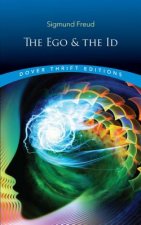
Ego and the Id
89 Kč -

Man's Search for Meaning, Gift Edition
570 Kč -

Secret World of Drawings
517 Kč -

Psychoanalytic Diagnosis
1252 Kč -

Situation Is Hopeless But Not Serious
420 Kč -
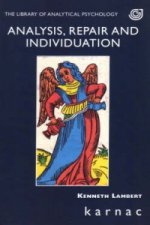
Analysis, Repair and Individuation
1889 Kč -

Dark Side of the Inner Child
585 Kč -
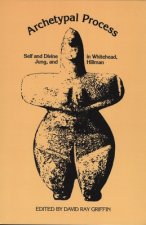
Archetypal Process
1031 Kč -

Ape that Understood the Universe
636 Kč -
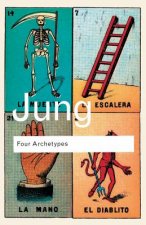
Four Archetypes
573 Kč -
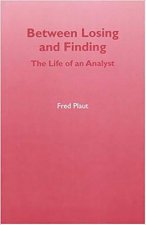
Between Losing and Finding
839 Kč -

Threshold Experiences
970 Kč -
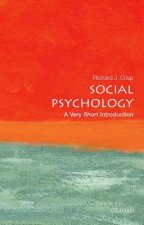
Social Psychology: A Very Short Introduction
250 Kč -

Behave
334 Kč -
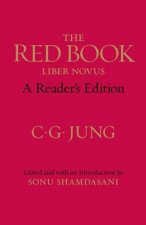
The Red Book – A Reader`s Edition
947 Kč -

Emotional Intelligence
260 Kč -
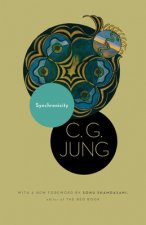
Synchronicity – An Acausal Connecting Principle
314 Kč -
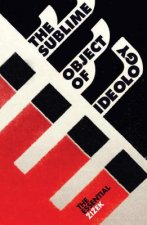
The Sublime Object of Ideology
457 Kč -

Memories, Dreams, Reflections
324 Kč -

Make It Stick
826 Kč -

Civilization and Its Discontents
249 Kč -

Choice Factory
410 Kč -

No Boundary
379 Kč -

Problem of the Puer Aeternus
517 Kč -

Answer to Job
223 Kč -

Carl Jung: Wounded Healer of the Soul
677 Kč -

Psychoanalyst Meets Marina Abramovic
481 Kč -
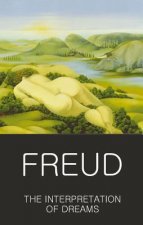
The Interpretation of Dreams
143 Kč -
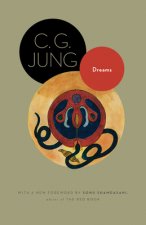
Dreams
529 Kč -
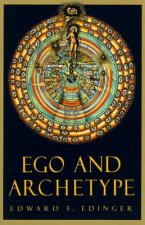
Ego and Archetype
650 Kč -

Great Mother
688 Kč -
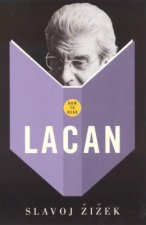
How To Read Lacan
302 Kč -

Integral Psychology
649 Kč -
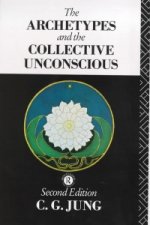
Archetypes and the Collective Unconscious
1495 Kč -

Freud and Beyond
596 Kč -

Home is Where We Start from
356 Kč -

Jung's Studies in Astrology
1299 Kč -

Projection and Re-collection in Jungian Psychology
779 Kč -

Dreams
482 Kč -

Beyond the Pleasure Principle
356 Kč -

Red Book of C.G. Jung
998 Kč -

Quantum Mind
792 Kč -

Ecrits
760 Kč -
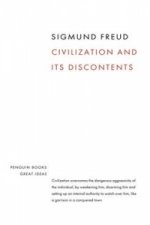
Civilization and its Discontents
185 Kč -

Why We Buy
401 Kč
Osobní odběr Praha, Brno a 12903 dalších
Copyright ©2008-24 nejlevnejsi-knihy.cz Všechna práva vyhrazenaSoukromíCookies


 Vrácení do měsíce
Vrácení do měsíce 571 999 099 (8-15.30h)
571 999 099 (8-15.30h)